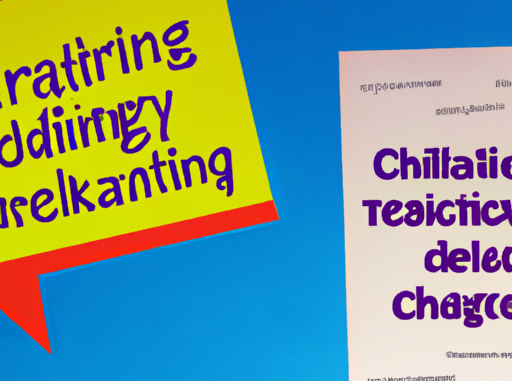
**Educational Strategies for Enhancing Critical Thinking in the Digital Age**
In a world where the flood of information is omnipresent and the line between fact and fiction can be blurred by the digital landscape, critical thinking has become an indispensable skill. Critical thinking, the ability to analyze facts to form a judgment, is not only essential in the realm of education but also in everyday life, where we are continually bombarded with data, information, and media of varying credibility. Educational institutions, including the European Academy of Education, play a pivotal role in equipping students with this vital skill set, especially in the context of the digital age.
### Integration of Digital LiteracyOne of the foremost strategies in enhancing critical thinking is fostering digital literacy. Students need to understand not just how to use digital tools but also how to discern the reliability of information sources online. The European Academy of Education integrates digital literacy into its curriculum, teaching students to evaluate the credibility of websites, understand search engine biases, and recognize fact from opinion in social media feeds.
### Inquiry-Based LearningEncouraging an inquiry-based learning approach can significantly improve critical thinking skills. This method involves posing questions, problems, or scenarios rather than simply presenting established facts. Courses at the European Academy of Education often incorporate case studies, problem-solving activities, and research projects that prompt students to engage deeply with content and form their analyses.
### Collaborative Learning EnvironmentsWorking in groups exposes students to diverse perspectives and challenges them to articulate and defend their viewpoints. The European Academy of Education emphasizes collaborative learning in both online and blended learning formats. Online forums, group projects, and peer reviews are some of the tools used to facilitate collaboration among students, even in a distance learning setting.
### Emphasis on Reflective ThoughtReflection is a powerful tool for developing critical thinking. Students are encouraged to reflect on their learning experiences, the processes they used, and the conclusions they reached. Personal blogs, learning journals, and self-assessment are strategies employed by the European Academy of Education to encourage reflective practice.
### Integration of Technology and EducationThe integration of technology into education can enhance critical thinking skills. The European Academy of Education leverages educational technologies such as simulations, virtual labs, and interactive software to provide students with hands-on experiences that require active problem-solving and decision-making.
### Continuous Feedback MechanismsFeedback is crucial for developing critical thinking. European Academy of Education ensures that students receive regular, constructive feedback through continuous assessments, quizzes, and tutor interactions. This feedback helps students recognize areas for improvement and refine their critical thinking abilities over time.
### Interdisciplinary ApproachesCritical thinking does not belong to a single discipline. The European Academy of Education employs an interdisciplinary approach to education, where students learn to apply critical thinking skills across various fields, such as IT, business, or healthcare, allowing them to see connections between disciplines and think more broadly.
### Encouraging Scepticism and CuriosityFinally, educators should encourage a healthy scepticism and curiosity in students. At the European Academy of Education, students are urged to question assumptions, seek out evidence, and be open to new ideas. This approach nurtures a mindset that is not easily swayed by unfounded claims and is always eager to learn and understand more deeply.In conclusion, the digital age presents both challenges and opportunities for fostering critical thinking skills. By utilizing the strategies mentioned above, educational institutions like the European Academy of Education can prepare students not only to navigate the complexities of the digital world but also to become informed, responsible citizens capable of critical analysis and informed decision-making. In the ever-evolving landscape of the digital era, critical thinking stands as a beacon of rationality, guiding learners towards wisdom and discernment.
Mgr. Pavel Bartoš, LL.M., DBA (Evropská akademie vzdělávání / European Academy of education)
Leave a Reply